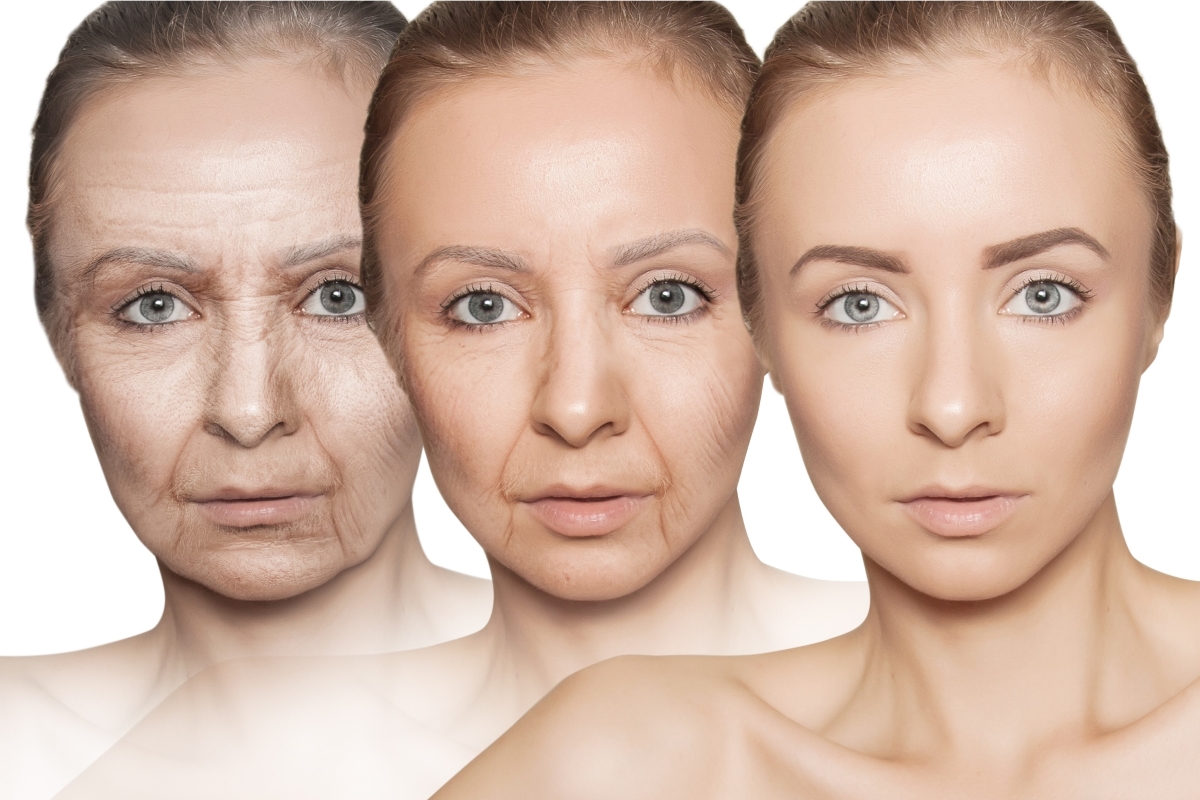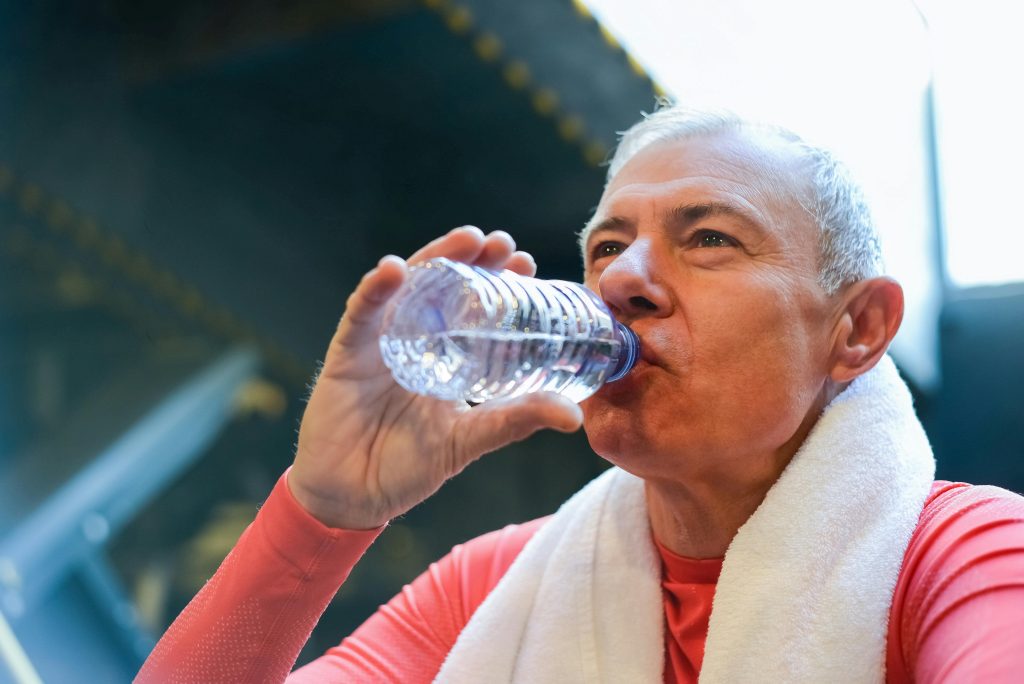
Our skin naturally changes as we age. While these changes are normal, many seniors desire to maintain a radiant, healthy complexion that reflects their inner vitality. Fortunately, with the right approach to skincare, it’s possible to embrace these changes gracefully and maintain a glowing appearance at any age. In this blog post, we’ll explore essential skincare tips tailored to older skin, helping you achieve a timeless, ageless beauty.
Understanding Aging Skin

it’s important to understand what happens to our skin as we age. As the years pass, the skin becomes thinner, loses fat, and no longer looks as plump and smooth as it once did. Blood vessels become more visible, and the skin can take longer to heal. Factors like reduced collagen production, decreased elasticity, and slower cell turnover all contribute to these changes.
Additionally, external factors such as sun exposure, pollution, and lifestyle choices also play a significant role in how our skin ages. However, this doesn’t mean that aging skin cannot be beautiful. You can maintain a healthy, vibrant complexion by embracing a skincare routine that caters to its unique needs.
1. Hydration is Key

One of the most common changes in aging skin is increased dryness. The skin’s ability to retain moisture diminishes, leading to dryness and rough patches. Hydration should be at the forefront of your skincare routine to combat this.
Start with a gentle, hydrating cleanser that won’t strip your skin of its natural oils. Follow up with a rich, nourishing moisturizer that contains ingredients like hyaluronic acid, glycerin, or ceramides. These ingredients help lock in moisture and restore the skin’s natural barrier. Remember, hydration doesn’t stop with your skincare products—drinking plenty of water throughout the day is equally important to keep your skin plump and hydrated from the inside out.
2. Sun Protection is Non-Negotiable

No matter your age, protecting your skin from the sun is crucial. Sun damage is one of the leading causes of premature aging, contributing to wrinkles, age spots, and uneven skin tone. The skin’s ability to repair itself after sun exposure diminishes for older adults, making it even more susceptible to damage.
Incorporate a broad-spectrum sunscreen with at least SPF 30 into your daily routine. Apply it generously to all exposed skin, even on cloudy days or when staying indoors, as UV rays can penetrate windows. Wearing a wide-brimmed hat and protective clothing outdoors adds an extra layer of protection. By safeguarding your skin from the sun, you’ll prevent further damage and allow your skin to heal and rejuvenate.
3. Nourish Your Skin with the Right Ingredients
As your skin’s needs change, so should the ingredients in your skincare products. Look for products that contain antioxidants, peptides, and retinoids, which can help improve skin texture, reduce fine lines, and boost collagen production.
- Antioxidants like vitamins C and E help protect skin from free radicals and harmful molecules that can cause premature aging.
- Peptides are short chains of amino acids that help build proteins in the skin, such as collagen and elastin. Using products with peptides can promote firmer, more resilient skin.
- Retinoids (a form of vitamin A) are well-known for reducing the appearance of fine lines and wrinkles by increasing cell turnover. However, they can irritate sensitive skin, so it’s important to start with a lower concentration and gradually increase usage as your skin builds tolerance.
4. Gentle Exfoliation for Renewed Skin
Exfoliation is essential for removing dead skin cells and promoting cell renewal, but our skin becomes more delicate as we age. Therefore, choosing gentle exfoliants that won’t cause irritation or damage is important.
Opt for a mild chemical exfoliant, such as those containing alpha-hydroxy acids (AHAs) like glycolic acid or lactic acid. These exfoliants dissolve the bonds between dead skin cells, revealing a brighter, smoother complexion underneath. Avoid harsh physical exfoliants with large, abrasive particles, as they can create micro-tears in the skin, leading to irritation.
Exfoliating once or twice a week is sufficient to keep your skin looking fresh and renewed without overdoing it.
5. Pay Attention to Your Diet
What you put into your body reflects on your skin. A diet rich in vitamins, minerals, and antioxidants can significantly impact the health and appearance of your skin. Focus on eating various fruits, vegetables, lean proteins, and healthy fats.
Omega-3 fatty acids in fish like salmon and walnuts are particularly beneficial for maintaining skin elasticity and moisture. Additionally, foods high in antioxidants, such as berries, leafy greens, and nuts, can help protect your skin from damage and promote a youthful glow.
Remember, moderation is key—limiting sugar and processed foods can also help prevent inflammation and breakouts.
6. Don’t Forget the Neck and Hands
While the face often gets the most attention in a skincare routine, the neck and hands are equally important. These areas are often the first to show signs of aging, so it’s crucial to extend your skincare routine beyond your face.
Apply your moisturizer, sunscreen, and any serums to your neck and hands daily. Treat these areas with the same care and attention you give to your face, and you’ll notice a more uniform appearance.
7. Embrace a Healthy Lifestyle

A healthy lifestyle is the foundation of beautiful skin at any age. Regular exercise, sufficient sleep, and stress management all affect how your skin looks and feels.
Exercise increases blood flow, delivering oxygen and nutrients to the skin, which helps keep it healthy. Adequate sleep allows your body to repair and regenerate skin cells, resulting in a more youthful appearance. Managing stress through meditation, yoga, or hobbies can help prevent stress-induced skin issues like acne or dullness.
8. Consult with a Dermatologist
As you experience the changes in your skin, it’s always a good idea to consult a dermatologist. They can provide personalized advice and recommend products or treatments best suited for your skin type and concerns.
Whether addressing specific issues like age spots, dryness, or wrinkles or simply ensuring you’re on the right track with your skincare routine, a dermatologist can be an invaluable resource in maintaining your skin’s health.
Conclusion

Aging is a beautiful journey; your skin can reflect the wisdom and experiences you’ve gained over the years. By adopting a thoughtful skincare routine tailored to your skin’s changing needs, you can achieve and maintain a radiant, healthy complexion. Remember, beauty knows no age, and with the right care, you can continue to glow from the inside out. So, embrace these skincare tips and let your ageless beauty shine through!





